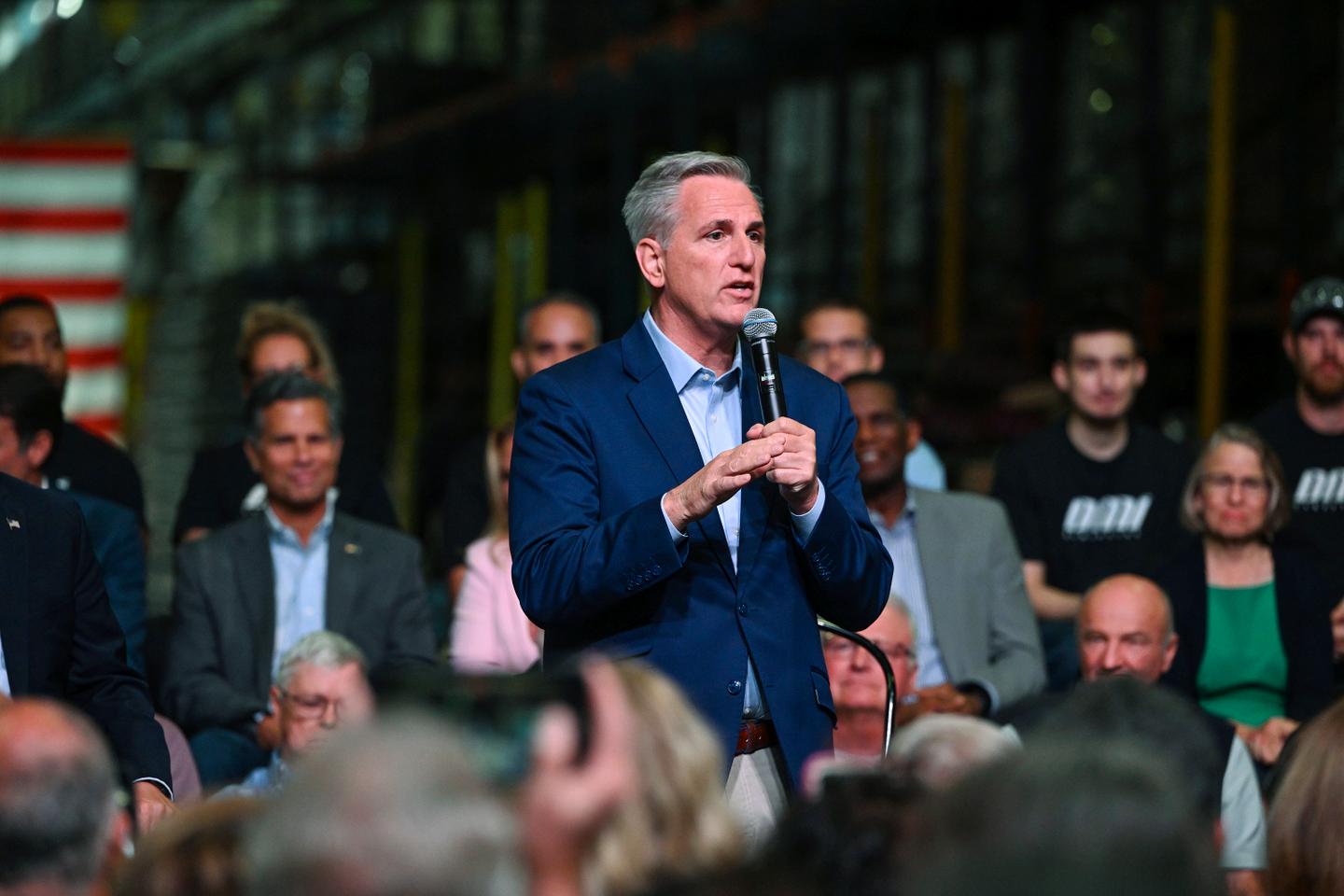Jakarta, CNBC Indonesia – Rushi Sunak warned that the economic crisis would be severe and worsen for the UK. This was communicated by Sunak on his first day of service as the new Prime Minister (PM) of the United Kingdom.
“Our country is facing a deep economic crisis right now,” said Sunak at 10 Downing Street, quoted by The Sydney Morning HeraldWednesday (10/26/2022).
“The Covid catastrophe still exists. Putin’s war in Ukraine has disrupted energy markets and supply chains around the world,” he added. “This means tough decisions are coming.”
Previously, Sunak had said that economic issues would be the top priority in his leadership after the country experienced more than 10% inflation.
“The top priority is to unite our party and our country in the face of profound economic challenges,” he said on Monday.
The Organization for Economic Co-operation and Development (OECD) had previously predicted that the UK economy would perform worse next year, with GDP growth of 0%, than any other developed country except the UK. Russia, which has been hit by sanctions.
He believes high inflation will continue to depress household incomes as the government raises taxes and the Bank of England (BoE) raises interest rates.
The result will be a truly depressing economic climate. According to the OECD, domestic spending has been weighed down by falling real incomes, the export environment is difficult and business investment is running out as companies become increasingly cautious about the outlook.
Poor productivity has been an important factor behind the limited growth in gross domestic product, a measure of the amount of goods and services produced and of the UK’s average uneven real wages.
Even so, the UK isn’t the only country facing a slowdown in productivity growth, but the UK’s record is one of the lowest in the G20. All covered by the fact that unemployment continues to decline and employment is on the rise.
Unemployment fell from nearly 8.5% in 2011 to just 3.9% before the Covid pandemic in 2020.
Putting short-term issues aside, there are many long-term concerns about the economy, from the costs of Brexit, to a lack of skilled workforce, and a lack of investment in public sector infrastructure and business investment, which will allow for improvements. in Britain’s competitiveness and productivity.
Companies exporting to Europe now face higher regulations, customs forms and taxes for selling goods in the EU.
The Office of Budget Responsibility says the effects of Brexit will reduce GDP by 4%, up to £ 100bn of lost production and £ 40bn less in Treasury revenue.
Next article
Latest news: fix! Rishi Sunak becomes the new UK PM
(luc / luc)


